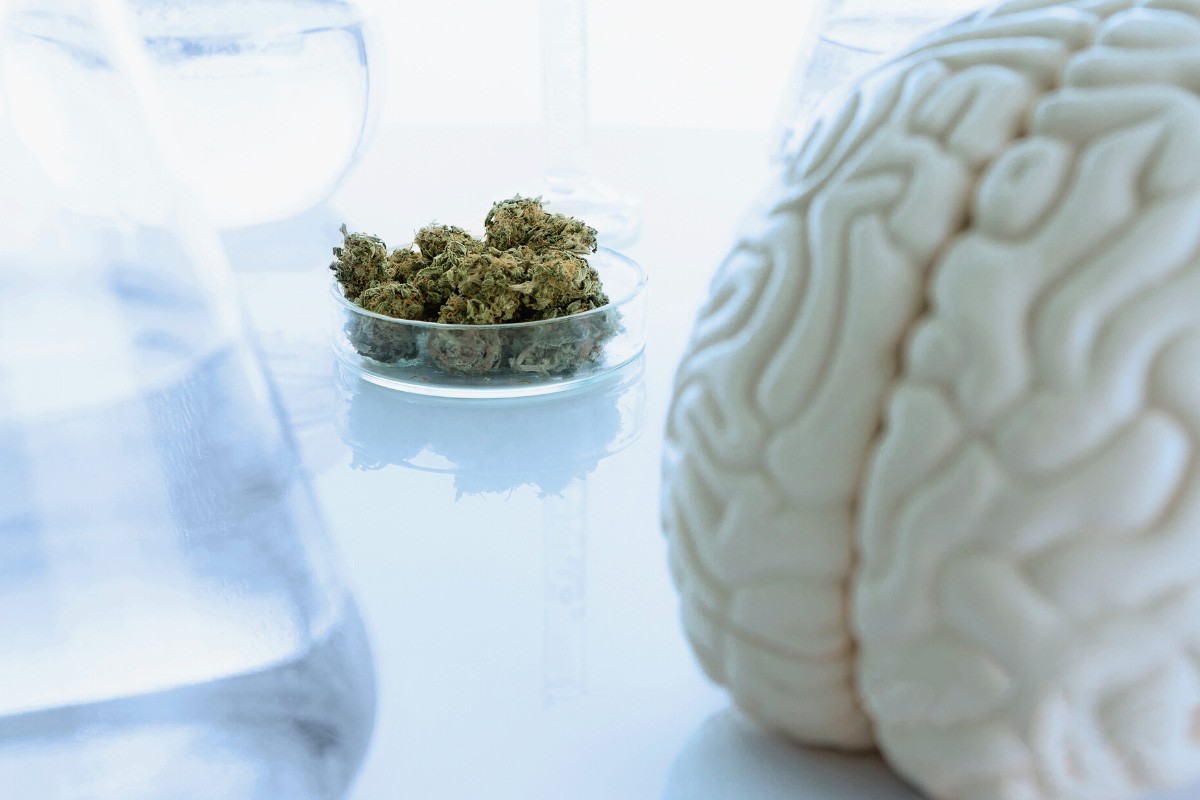Cannabis may have a positive effect on the cardiovascular system.
The American research team of the National Department of Health in Maryland, USA, around Pal Pacher presented in this review the current research situation on the effects of cannabis and synthetic cannabinoids on the cardiovascular system.
Positive effects
Based on the review of numerous studies, the research team assumes that both tetrahydrocannabinol (THC) and cannabidiol (CBD) have an anti-inflammatory effect and can thus protect the cardiovascular system. CBD ingestion does not result in psychoactive effects and is associated with beneficial effects on the cardiovascular system. In clinical studies, CBD led to long-term improvement in heart function, a reduction in the number of both strokes and heart attacks, and relief from heart muscle inflammation. In addition, CBD was shown to have a positive effect at the cellular level, accelerating cell renewal and preventing cell death. THC, the component mainly responsible for the psychoactive effects of cannabis, also had anti-inflammatory and cardiovascular protective effects at low doses. Furthermore, some studies indicate a reduction in atherosclerosis (constriction of blood vessels), as THC ingestion was able to reduce the formation of deposits in the blood vessels. In addition, other components of the cannabis plant such as tetrahydrocannabivarin and terpenes such as ß-caryophyllene had a protective effect on the nervous and cardiovascular systems in small doses. Here, the studies also indicate an anti-inflammatory and antioxidant effect.
CBD has been shown to have anti-inflammatory and antioxidant effects.
Potential side effects
Potential side effects have been found in clinical trials primarily with the use of synthetic forms of cannabinoids. Researchers note that the THC content of synthetic products often exceeded the naturally occurring content by more than 10-fold. This was accompanied by increased stress on the cardiovascular system and metabolism. Side effects that occurred due to greatly increased THC levels included cardiac arrhythmias, low blood pressure, and obesity. In addition, the form in which cannabinoids were taken also proved to be an important factor in potential side effects. The researchers classify smoking cannabis cigarettes as equally harmful as smoking conventional tobacco. The use of synthetic cannabinoids (with greatly increased THC content) is associated with a number of severe, serious consequences on the cardiovascular system. In contrast, treatment with CBD and THC in low doses show a positive effect on the cardiovascular system.
Conclusion
This review shows a proven anti-inflammatory and antioxidant effect of CBD, which protects both the nervous system and the cardiovascular system. For THC, there is a dose-dependent effect (the higher the dose, the more likely potential side effects) on cardiovascular diseases.








